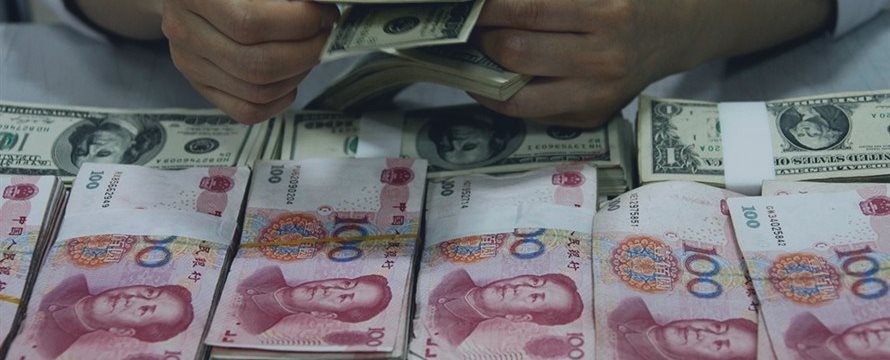On Monday emerging
Asian currencies declined after stronger-than-expected US
job data spurred expectations that the Federal Reserve may raise
interest rates in the middle of this year, damaging regional
appeal of higher yields.
Moreover, China's imports in the first two months of the year dropped more than 20 percent from a year earlier, showing weakness in the world's second-largest economy.
In February US nonfarm payrolls rose 295,000, beating a market forecast
for a 240,000 increase, data showed on Friday. The jobless rate last
month fell to 5.5 percent, the lowest level since May 2008. The solid numbers sent the dollar to a fresh 11-year high against a
six major currencies and lifted US Treasury bond yields.
The benchmark US note yield stood at 2.2289 percent on Monday in Asia.
The yield on Friday in New York posted their biggest rise since November
2013.
The Indonesian rupiah hit a near 17-year low as bonds and stocks slid, its weakest since August 1998, on dollar demand from local companies.
The currency also slid in non-deliverable forwards markets. Most Indonesian government bond returns rose, with yields of 10-year debt and 15-year bonds at their highest levels since mid-February. Jakarta shares lost 1.3 percent, underperforming regional peers.
The
official Jakarta Interbank Spot Dollar Rate, which the central bank
introduced in 2013 to manage exchange rate fluctuations, was fixed at
13,047 rupiah per dollar, the weakest since the launch.
The
central bank was spotted intervening to support the worst-performing
Asian currency so far this year around the session's low, traders said.
However, the authority did not seem to be defending specific levels, they added.
The Malaysian ringgit touched a six-year low, falling 1.0 percent to 3.6900 per dollar, its weakest since March 2009.
The local currency came under further pressure as oil prices slid,
underscoring concerns that falling crude will hurt the country's current
account surplus and widen its fiscal deficit.
Traders noticed that the central bank intervened to support the currency.
The Singapore dollar stayed around its weakest since July 2010.
South Korea's won slid to a three-month low as offshore funds sold the currency, losing 1.3 percent to 1,112.6 per dollar, its weakest since December 9.
South Korea's importers bought the dollar for payments, as offshore funds sold the currency.
The South Korean unit recovered from previous losses as exporters chased it for settlements on dips, traders said.



